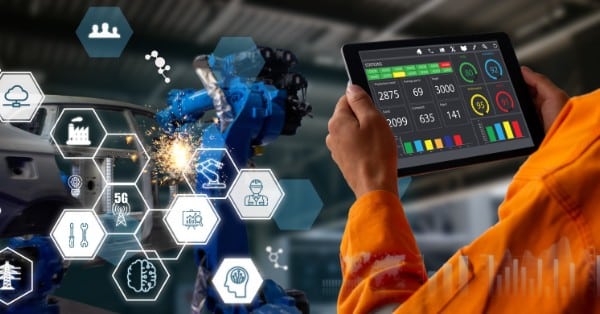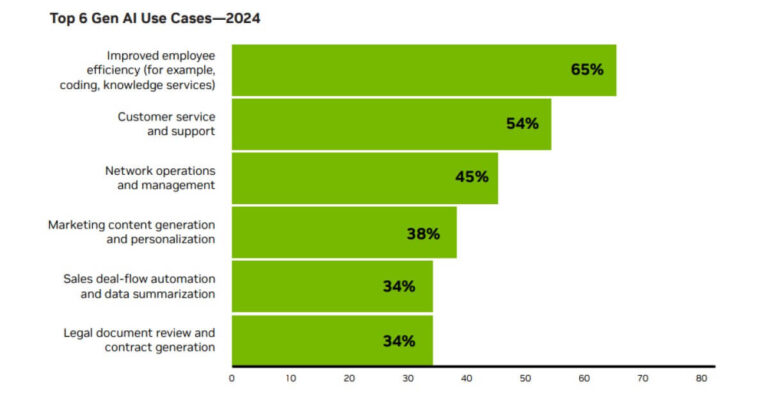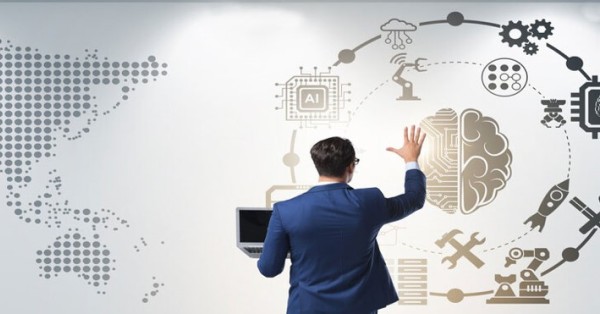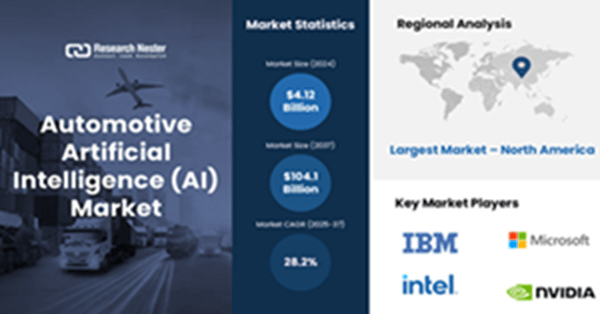Telefónica’s Strategic Integration of Generative AI: Enhancing Operations and Customer Experience
Telefónica, a leading global telecommunications company, is leveraging the power of generative AI to transform its operations and enhance customer experiences. Through strategic partnerships with Microsoft and the integration of advanced AI technologies, Telefónica is at the forefront of the AI revolution in the telecommunications sector.
Preparing for the Generative AI Era
Telefónica recognizes the critical importance of a robust data strategy in harnessing the full potential of generative AI. As the company integrates Azure AI Studio into its Kernel digital ecosystem, it ensures that data is connected with AI language models while maintaining customer privacy. This integration is a key part of Telefónica’s broader AI strategy, which focuses on the following pillars:
- Data Structure and Organization: Telefónica emphasizes the need for well-structured and organized data repositories, enabling efficient access and processing by generative AI models. This includes the implementation of consistent metadata schemas to facilitate effective data search and retrieval.
- Data Quality and Diversity: High-quality and diverse data is essential for the accuracy and effectiveness of generative AI models. Telefónica employs data cleansing, validation, augmentation, and enrichment processes to ensure the reliability and bias-free nature of its data.
- Continuous Data Updating: To keep knowledge bases relevant, Telefónica has developed processes for real-time data synchronization and feedback loops. These mechanisms ensure that the latest information and trends are always reflected in the AI models.
- Data Security and Privacy: With a strong focus on data security and privacy, Telefónica prioritizes identifying and mitigating security risks, managing access to personal data, and staying compliant with evolving regulations such as the European Union’s AI Law.
- Interoperability: Promoting interoperability between different systems and platforms within the organization is crucial for enriching knowledge bases and facilitating seamless data exchange.
Transforming Operations with Generative AI
Telefónica’s partnership with Microsoft allows for the extension of Kernel’s capabilities through Azure AI Studio. This collaboration enables Telefónica’s data scientists to leverage generative AI models to enhance key workflows across the organization. By integrating these models into Kernel, Telefónica can apply AI at scale to various functions, driving full business transformation. Key use cases include
- Customer Service: Telefónica uses generative AI to power virtual agents that handle simple customer queries, freeing human agents to focus on more complex issues. This approach not only improves efficiency but also enhances customer satisfaction by providing quick and accurate responses.
- Network Management: Predictive AI models help Telefónica anticipate and mitigate the impact of environmental events such as snowstorms and heavy rains on network performance. By preparing in advance, Telefónica can minimize service disruptions and ensure consistent connectivity for its customers.
- Operational Efficiency: Generative AI is employed to streamline internal processes, such as optimizing resource allocation and automating routine tasks. This leads to significant cost savings and improved operational efficiency.
Responsible AI by Design
Telefónica is committed to the ethical deployment of AI technologies. The company follows a “responsible AI by design” methodology, ensuring that its AI solutions have a positive impact and comply with regulatory standards. This approach is integral to maintaining customer trust and safeguarding privacy. Privacy measures include:
- Data Access Control: Telefónica’s Kernel 2.0 ensures that data access is strictly controlled and based on legal compliance. This architecture allows for the secure integration of AI capabilities without compromising customer privacy.
- Transparency and Accountability: Telefónica actively promotes transparency in its AI operations, providing clear information about how data is used and how AI decisions are made. This fosters accountability and builds confidence among stakeholders.
Building a Strong Generative AI Ecosystem
Telefónica’s integration of generative AI is not limited to internal operations. The company is also focused on creating a robust AI ecosystem by collaborating with key partners and fostering innovation. Success stories from initiatives like Telefónica Open Gateway demonstrate the practical applications and benefits of AI across different industries. Notable collaborations include:
- Itaú Bank (Brazil): Telefónica’s SIM Swap API helps prevent fraud by validating transactions through phone number verification.
- Daycoval Bank (Brazil): Utilizes the SIM Swap API to ensure secure account openings.
- Frete.com (Brazil): Implements the Know Your Customer (KYC) API for reliable customer verification.
Advancing Towards Hyper-Automation and Autonomous Networks
Telefónica is on a journey towards hyper-automation and autonomous networks, leveraging AI to drive this transformation. The company’s Autonomous Network Journey Program (ANJ) aims to create self-managing networks that require minimal human intervention. This involves the deployment of AI solutions in both network and IT domains to enhance quality, scalability, and sustainability. Key initiatives include:
- Hyper-Automation: Telefónica’s hyper-automation initiative is designed to improve operational efficiency through advanced automation technologies. This includes the use of AI to automate complex workflows, reducing manual intervention and enhancing scalability.
- Autonomous Networks: By integrating AI into network management, Telefónica is developing autonomous networks capable of self-optimization and self-repair. This reduces downtime and enhances service reliability for customers.
AI Successes and Future Goals at Telefónica
Telefónica’s commitment to AI-driven innovation is reflected in numerous success stories across its operations. For instance, the integration of generative AI in Kernel has led to significant improvements in customer service and operational efficiency. The company’s collaboration with Microsoft has enabled seamless access to advanced AI capabilities, driving transformation across various business functions.
Looking ahead, Telefónica plans to continue expanding its AI capabilities, focusing on enhancing customer experiences and optimizing operations. The company is dedicated to staying at the forefront of AI innovation, leveraging its robust data strategy and strategic partnerships to drive growth and success in the telecommunications sector.
Conclusion
Telefónica’s strategic integration of generative AI, powered by robust data strategies and partnerships with industry leaders like Microsoft, is transforming the telecommunications landscape. By focusing on data quality, security, and interoperability, Telefónica is enhancing its operations and delivering superior customer experiences. The company’s commitment to responsible AI deployment ensures that these advancements are made ethically and sustainably, setting a new standard for AI-driven innovation in the telecom sector.



























